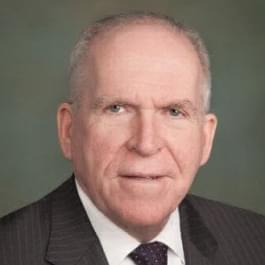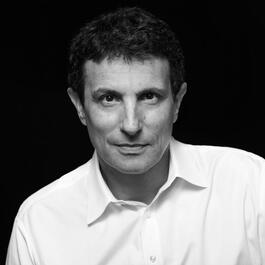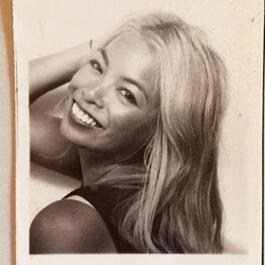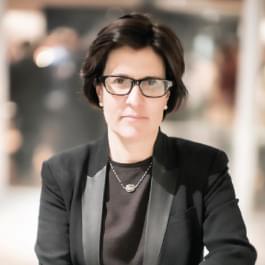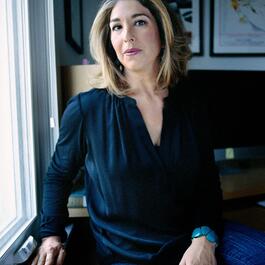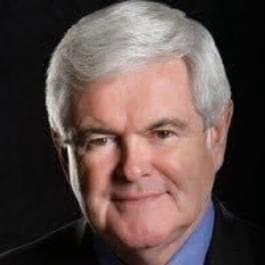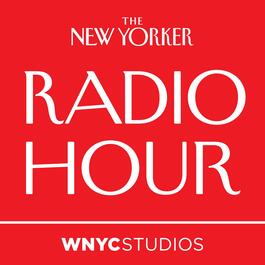
The New Yorker Radio Hour
Profiles, storytelling and insightful conversations, hosted by David Remnick.
Show episodes
In Donald Trump’s first term, he was furious that people were investigating his connections to Russia—“Russia, Russia, Russia,” he complained. Now, as Trump fulfills a campaign promise of retribution, his Administration has put the Russia “hoax” back into the headlines. They claim to have opened investigations into the
Since the end of the Cold War, most Americans have taken U.S. military supremacy for granted. We can no longer afford to do so, according to reporting by the staff writer Dexter Filkins. China has developed advanced weapons that rival or surpass America’s; and at the same time, drone warfare has fundamentally changed c
The city of Los Angeles has declared itself a sanctuary city, where local authorities do not share information with federal immigration enforcement. But L.A.—where nearly forty per cent of residents are foreign-born—became ground zero for controversial arrests and deportations by ICE. The Trump Administration deployed
“I’m personally desperate for art that at least attempts to grapple with whatever the hell is going on right now,” the writer-director Ari Aster tells Adam Howard, a senior producer of the Radio Hour. “ ‘Eddington’ is a film about a bunch of people who . . . know that something’s wrong. They just—nobody can agree on w
The sense that the White House is covering something up about Jeffrey Epstein has led to backlash from some of Trump’s most ardent supporters. Even after the financier was convicted for hiring an underage prostitute, for which he served a brief and extraordinarily lenient sentence, Epstein remained a playboy, a top pol

Carrie Brownstein on Cat Power. Plus, “Materialists,” “Too Much,” and the Modern Rom-Com.
For The New Yorker’s series Takes, Carrie Brownstein—the co-creator of Sleater-Kinney and “Portlandia”—writes about an iconic rock-and-roll image. In the summer of 2003, the musician Chan Marshall, better known as Cat Power, was transitioning from an indie darling to a major rock artist, and the staff writer Hilton Als
